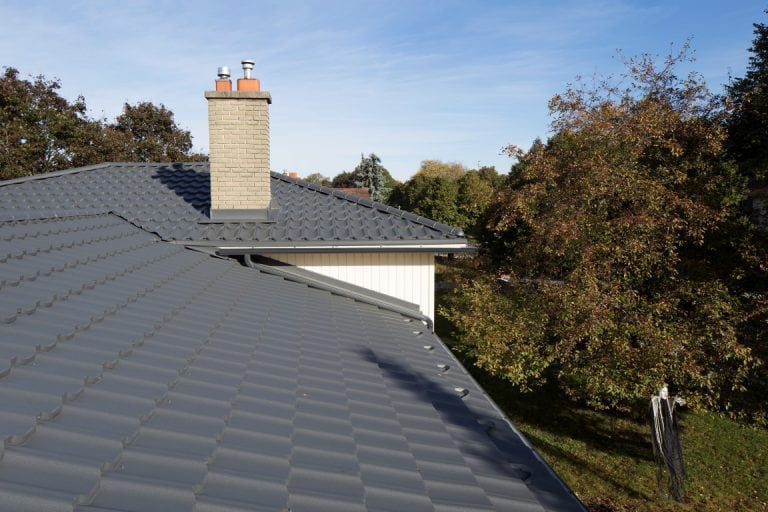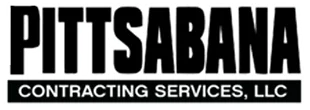Metal roofs are becoming more popular among homeowners who want a durable, low-maintenance, and environmentally friendly roofing option. But do metal roofs make houses hotter? This is a common concern, especially in areas with hot summers and high energy bills. In this post, we will answer this question and explain how metal roofs can improve the energy efficiency of your home. We will also discuss some other factors that you should consider to keep your house cool and comfortable.
Do Metal Roofs Make Houses Hotter?
The short answer is no. Metal roofs do not make houses hotter than other types of roofs, such as asphalt shingles or tiles. In fact, metal roofs can help reduce the heat gain of your home by reflecting the sun’s rays and emitting the absorbed heat back to the atmosphere. This means that your attic and interior spaces will stay cooler and require less cooling energy.
According to the Metal Roofing Alliance, metal roofs can reflect up to 66% of the solar energy that hits them, compared to only 5% for asphalt shingles. This can lower the surface temperature of metal roofs by up to 100°F (56°C) and reduce the cooling demand of your home by up to 40%. Metal roofs also have a high emissivity, which means they can release up to 85% of the heat they absorb, unlike asphalt shingles that trap heat and transfer it to your home.
How Do Metal Roofs Improve Energy Efficiency?
Metal roofs can improve the energy efficiency of your home in several ways. First, by reducing the heat gain of your home, metal roofs can lower your cooling costs and save you money on your energy bills. According to Energy Star, metal roofs can save you up to 15% on your annual cooling costs, depending on your climate and insulation levels.
Second, metal roofs can also help you save energy in the winter by creating an air gap between the roof deck and the metal panels. This air gap acts as a thermal break that prevents heat loss through conduction and convection. This means that your home will stay warmer and require less heating energy.
Third, metal roofs can also enhance the performance of other energy-saving features in your home, such as solar panels, skylights, and ventilation systems. Metal roofs are compatible with solar panels and can increase their output by reflecting more sunlight onto them. Metal roofs are also ideal for skylights and ventilation systems because they are easy to install and seal around them. Metal roofs can also prevent ice dams and snow buildup that can damage these features and reduce their efficiency.
What Other Factors Should I Consider to Keep My House Cool?
While metal roofs can help keep your house cool and save energy, they are not the only factor that affects the temperature and comfort of your home. There are other factors that you should consider to optimize the cooling performance of your home, such as:
- Insulation: Insulation is essential for preventing heat transfer between your home and the outside environment. You should make sure that your attic, walls, floors, and windows are well insulated and have adequate R-values for your climate zone.
- Ventilation: Ventilation is important for removing excess heat and moisture from your attic and interior spaces. You should have proper ventilation systems in place, such as ridge vents, soffit vents, gable vents, fans, or turbines. You should also avoid blocking or covering these vents with insulation or debris.
- Color: The color of your roof can affect how much heat it absorbs or reflects. Darker colors tend to absorb more heat than lighter colors, while lighter colors tend to reflect more heat than darker colors. You should choose a roof color that suits your aesthetic preferences and climate conditions. For example, if you live in a hot area, you may want to opt for a lighter color that reflects more heat and keeps your house cooler.
- Coating: The coating of your roof can also influence its reflectivity and emissivity. Some metal roofs come with special coatings that enhance their ability to reflect or emit heat. For example, some metal roofs have cool roof coatings that meet the Energy Star standards for solar reflectance and thermal emittance. These coatings can increase the reflectivity of metal roofs by up to 25% and lower their surface temperature by up to 70°F (39°C).
Metal roofs are a great choice for homeowners who want a durable, low-maintenance, and environmentally friendly roofing option. Contrary to popular belief, metal roofs do not make houses



